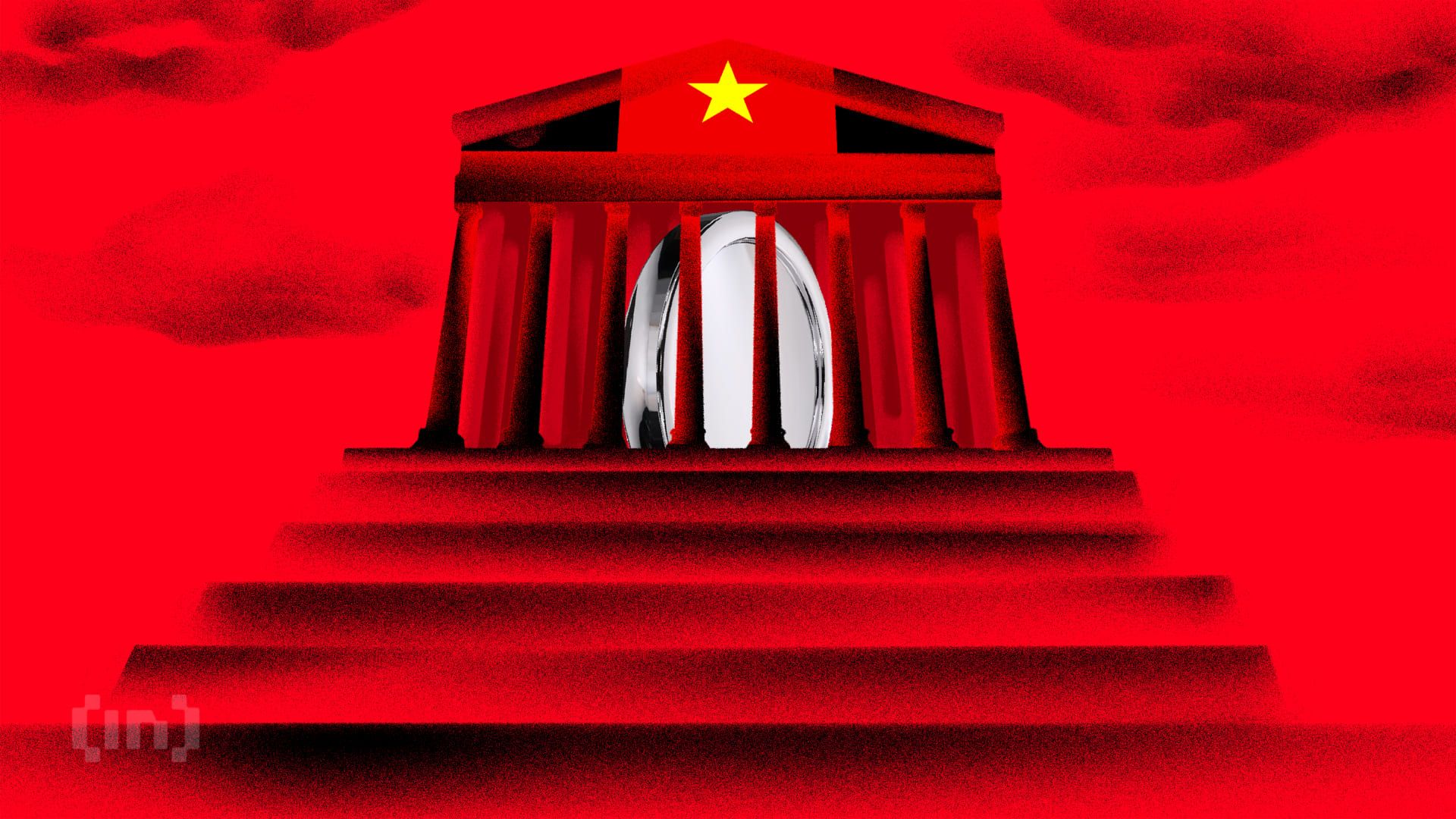Pi Network is facing a growing challenge as nearly half of its total nodes are concentrated in Vietnam. This high concentration and the country’s tightening crypto regulations have raised concerns about the project’s decentralization and stability in the long run.
Moreover, the core team’s control over most of the Pi Coin (PI) supply further adds to these worries.
Is Pi Network’s Future at Risk?
According to data from Piscan, Vietnam is home to 154 of the network’s 319 nodes worldwide, accounting for 48.2% of the total. At press time, 33 of the 76 connected nodes were located there, further highlighting Vietnam’s dominance.

It’s worth noting that Pi Network only has two validator nodes, both of which belong to the core team. This in itself is a major centralization issue, leading many to question the network’s integrity.
Still, the geographical concentration of the Pi Network’s watcher nodes in Vietnam raises additional concerns about the network’s fairness and decentralization, as users from one country may hold disproportionate control over the network’s activities.
Vietnam’s legal framework adds further complexity. According to Vietnamese law, virtual currencies like Pi Coin are not part of legal non-cash payment instruments. Moreover, the authorities might fine individuals using Pi Coin for payments.
“Any individual or organization using cryptocurrency, including Pi Coin, for payment transactions will be subject to penalties under Article 26, Clause 6 of Decree 88/2019/ND-CP, as amended by Clause 15, Point d of Article 1 of Decree 143/2021/ND-CP (with fines ranging from 50,000,000 VND to 100,000,000 VND) or could face criminal prosecution under Article 206,” the authorities wrote in March post.
The country’s cautious approach is further demonstrated by its legal warnings about Pi Network’s potential risks. In 2023, Vietnam’s authorities even launched an investigation into Pi Network, citing concerns about its business model.
That’s not all. The Ministry of Finance in Vietnam has proposed new regulations aimed at tightening cryptocurrency oversight by restricting custody to licensed institutions only. This proposal stresses the need for stricter control over cryptocurrency activities in Vietnam to ensure greater transparency, security, and compliance with local laws.
Although still under consideration, this policy could impact local miners’ operations, potentially destabilizing the Pi Network’s infrastructure.
Compounding these issues is the Pi Network’s token distribution. PiScan data revealed that Pi Foundation wallets hold over 60.7 billion Pi of the total 100 billion supply.

This centralization undermines the trust and distributed ethos that cryptocurrencies aim to embody.
“So long as the team holds some coins, it will never be decentralized,” a user wrote on Reddit.
Furthermore, BeInCrypto reported recently that a Pioneer alleged that the team was engaging in insider selling, further eroding trust. Therefore, for a project that markets itself as a decentralized, user-driven ecosystem, addressing these structural vulnerabilities will be critical to maintaining credibility and ensuring long-term stability.
Disclaimer
In adherence to the Trust Project guidelines, BeInCrypto is committed to unbiased, transparent reporting. This news article aims to provide accurate, timely information. However, readers are advised to verify facts independently and consult with a professional before making any decisions based on this content. Please note that our Terms and Conditions, Privacy Policy, and Disclaimers have been updated.
